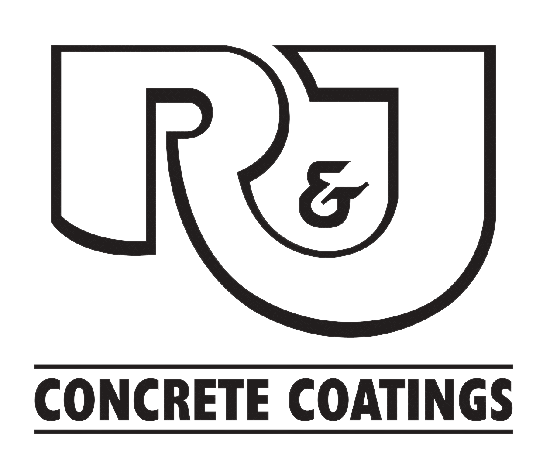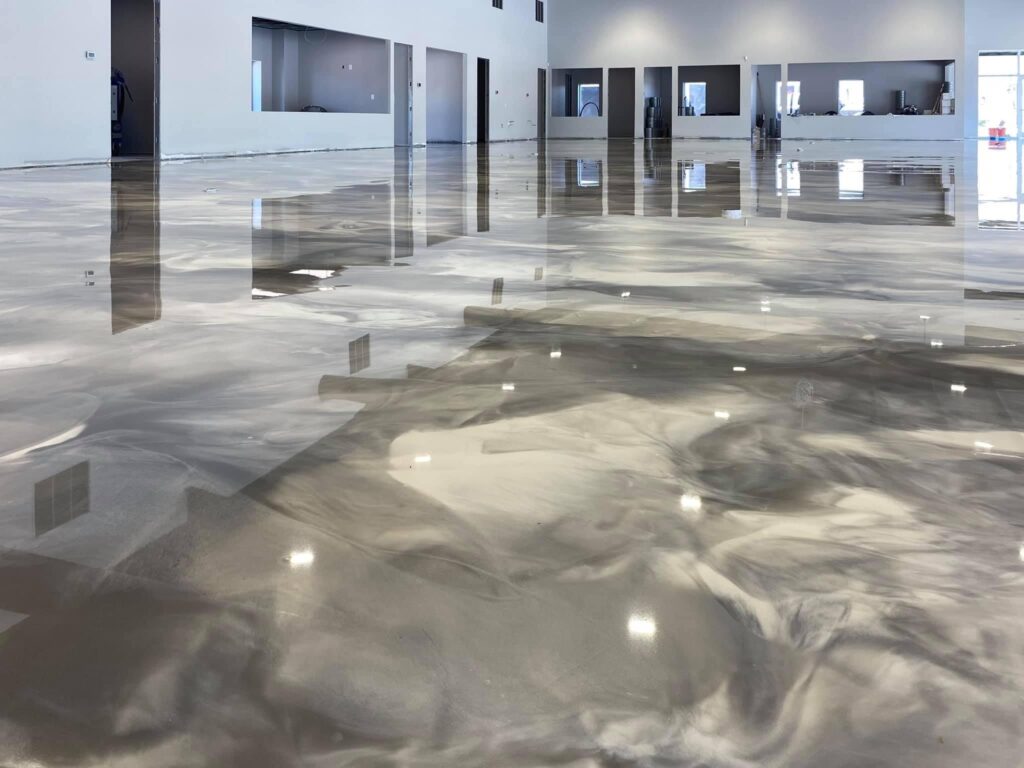Epoxy flooring is a popular choice for industrial kitchens and food processing plants in Baton Rouge, LA, due to its durability, ease of maintenance, and resistance to chemicals and bacteria. This blog post will explore the benefits of epoxy flooring for these environments, provide tips for choosing the right epoxy flooring system, and offer insights into the installation process.
Benefits of Epoxy Flooring for Industrial Kitchens and Food Processing Plants
Epoxy flooring offers several advantages for industrial kitchens and food processing plants, including:
- Durability: Epoxy flooring is highly durable and can withstand heavy foot traffic, machinery, and equipment. It is also resistant to impact, abrasion, and chemicals, making it ideal for demanding industrial environments.
- Easy to Clean: Epoxy flooring is non-porous and seamless, making it easy to clean and maintain. It can be easily mopped, swept, or power washed, reducing the risk of bacteria growth and contamination.
- Chemical Resistance: Epoxy flooring is resistant to a wide range of chemicals, including acids, bases, and solvents, making it ideal for food processing plants where harsh chemicals are used.
- Slip Resistance: Epoxy flooring can be customized to provide a slip-resistant surface, reducing the risk of accidents in wet or greasy environments.
- Aesthetics: Epoxy flooring is available in a variety of colors and finishes, allowing you to create a flooring system that complements your brand and enhances the overall appearance of your facility.
Choosing the Right Epoxy Flooring System
When choosing an epoxy flooring system for your industrial kitchen or food processing plant, several factors must be considered, including:
- The Type of Traffic: Consider the type and volume of traffic that will be using the floor. If you have heavy machinery or equipment, you will need a more durable epoxy flooring system.
- The Chemical Exposure: Identify the chemicals that will be used in the facility and choose an epoxy flooring system that is resistant to those chemicals.
- The Slip Resistance: Consider the slip resistance of the epoxy flooring system, especially in areas where there is a risk of spills or moisture.
- The Aesthetics: Choose a color and finish that complements the overall design of your facility.
Installation Process

The installation process for epoxy flooring typically involves the following steps:
- Surface Preparation: The concrete substrate must be clean, dry, and free of any contaminants. Any cracks or imperfections in the concrete must be repaired.
- Primer Application: A primer is applied to the concrete substrate to promote adhesion between the concrete and the epoxy coating.
- Epoxy Coating Application: The epoxy coating is applied in multiple layers to the concrete substrate. The number of layers will depend on the desired thickness and durability of the flooring system.
- Curing: The epoxy coating is allowed to cure for a period of time before it can be used. The curing time will vary depending on the specific epoxy flooring system.
Conclusion
Epoxy flooring is a durable, easy-to-clean, and chemical-resistant flooring solution that is ideal for industrial kitchens and food processing plants in Baton Rouge, LA. By choosing the right epoxy flooring system and following the proper installation process, you can create a flooring system that will last for many years.



